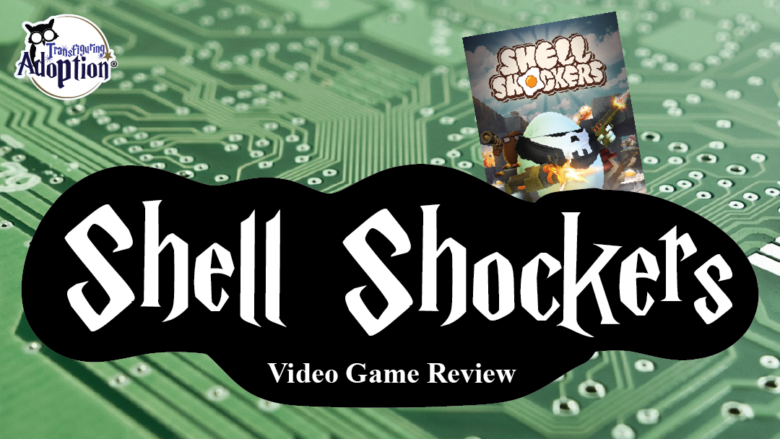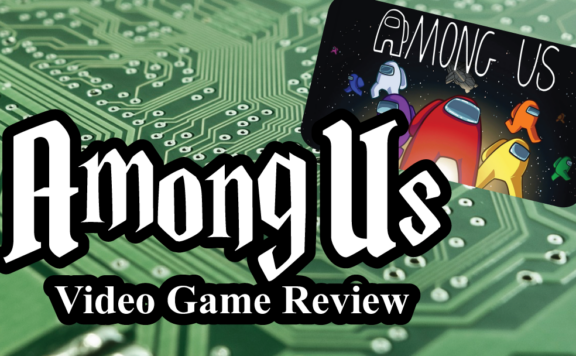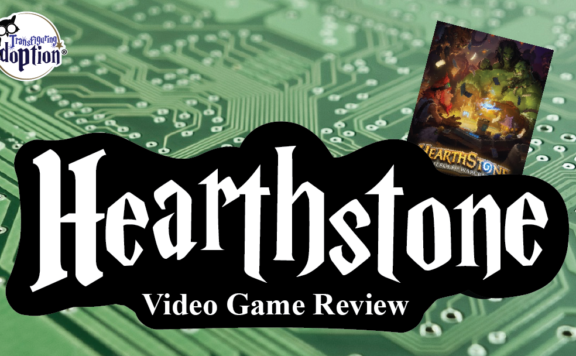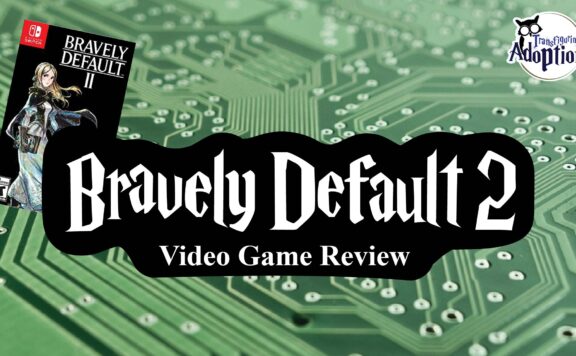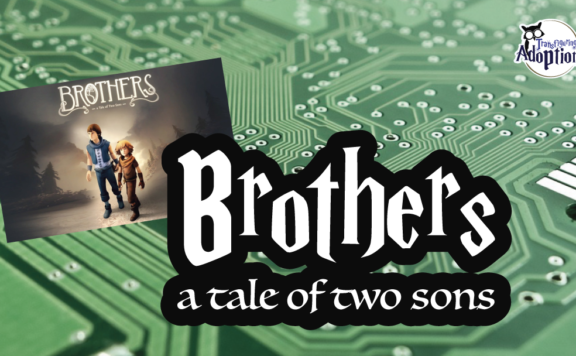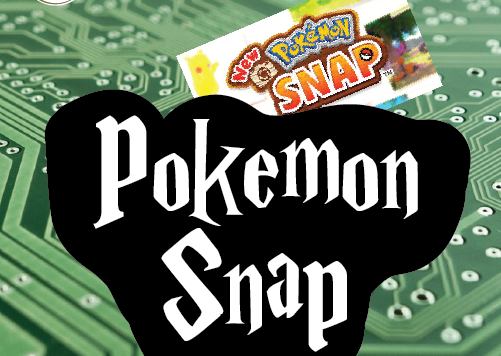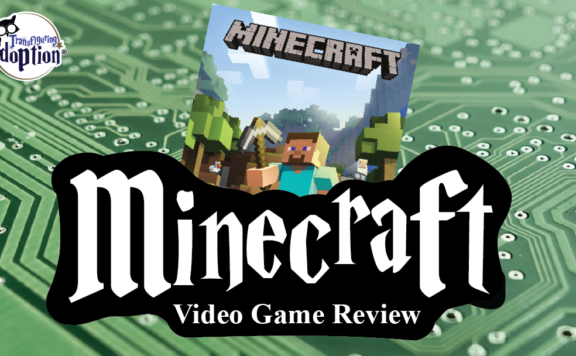[Download PDF guide]
Grade:
Transfiguring Adoption awarded this game 3 Hoots out of 5 based on how useful it will be for a foster/adoptive family. [Learn more about our Hoot grading system here]
Click on the image above. Click the pencil/edit icon that appears. Click the “replace” button. Do a search for “hoot.” Choose the right value of hoot from the images found. Choose to have the image size scaled to “medium.” Click the “replace,” button.
Game Info:
- Platform(s): PC Browser Game (Chrome, Firefox, Edge, Safari, Opera)
- Studio: Blue Wizard Digital
From the Cover of (Game) by Blue Wizard Digital:
Shell Shockers is a multiplayer first-person-shooter game featuring egg characters. In the game, the player takes control of a violent egg armed with a shotgun and enters the arena. It is a real-time multiplayer game featuring battles with other players from around the world. Blue Wizard Digital has brought a fun new title to the io genre and the name of the game is egg combat. Jump into the game and select your character name, egg type and game mode. In this game you must work hard to protect yourself and dish out damage to opposing eggs. Try out each game mode and see if you can conquer the shell shockers arena. Some gamers even stream their gameplay live so you could become famous!
** Spoilers Could Be Ahead **
How Is This Relevant To Adoption & Foster Care?
This game does not relate directly to foster care or adoption. However the game has lots of opportunities for discussion and building rapport with a child. Due to the fact that it is available for free through a basic internet browser makes it accessible for many kids and the cute nature of the game is liable to make it popular with children and teens. Many children and teen are drawn to first-person shooter games, which may not be appropriate due to the level of violence. This is a fun alternative because it is technically a shooter game, however it’s shooting egg characters rather than people and may be more appropriate.
Discussion Points:
- Independence vs. Teamwork
This game provides opportunity for parents to use the 3 game modes to talk about the team/supports the child has. Sometimes kids need to be independent and do things on their own so the Free for All allows this type of game play. The team mode can assist kids with learning that they have a team that has their back. The Caputula the Spatula can re-enforce that the Child’s team has a common goal. - Uniqueness
In the game each egg is completely customizable so no two eggs are alike. This can be a leading point to discussion about individuality and what makes a child unique. Children who come from a background of abuse or neglect may have low self-esteem and not see their own value. This is a great opportunity to tell them what you feel their talents and strengths are and how you value their unique personality and love them for who they are.
Cautionary Points:
- Adrenaline Rushes
Many of the Children in Foster/Adoptive homes have had some type of trauma. Trauma effects that portion of the Brain called the amygdala. The amydgala is a portion of the brain which plays a central role in the processing and memory of emotions, especially fear. When the amydgala gets triggered it can get stuck in flight, fight or freeze mode. During game play people can sneak up from behind which based on the situation could create a trigger for some Children. This game also creates an adrenaline rush due to the first person shooter game type and potentially trigger unexpected behaviors. - Weapons Usage/violence
This game, while very cute on the outside, is a first person shooter. You are using guns to shoot at enemy eggs and essentially kill them. Some may be sensitive to this type of violence. - Internet Usage
Since it being played on a PC there is an opportunity for the child or youth to potentially browse other websites if not being supervised. - In-game Purchases
The website has dozens of of games, ads, and options to purchase items in the game for a young person who lacks impulse control this would be a definite opportunity for them end up not making the best choices. - In-Game Chat Feature
There is a chat feature in the game and names are made up screen names. This could open up potential for a child to talk to someone who they are not allowed to communicate with unsupervised. Sometimes children who have experienced trauma have a difficult time understanding who to trust and may form inappropriate relationships.
Discussion Guide:
- Activity: Team Building
Caregiver Note: You could offer to play the game with the child in Team mode to build rapport and show that you are a team. This presents an opportunity to allow the child to teach you something. - Do you feel like I trust you? Why is having trust important in a relationship?
Caregiver Note: By allowing them to play an online browser-based game, you are showing that you trust them to play the game and not to visit other sites while on the computer. You can talk about why trust is important and how it effects your relationship. Children with a background of trauma often have a difficult time knowing how and when to trust others and may feel like their caregivers don’t trust them. This is an opportunity for them to explore a little independence in a safe environment. - Activity: Egg Puns
Caregiver Note: If the child is really into this game google egg puns. There are many eggscellent ones and you could crack them up. Laughter is always a good way to connect with a child. - Activity: In-game Rewards
Caregiver Note: You could use the ability purchase items in the game or additional game time as a positive consequence for postive behaviors. Especially if you cannot get the child to complete chores or do homework. This could be an incentive to encourage them to do these things. - How do you think you can use the chat feature in the game safely? Are there times when you shouldn’t use it?
Caregiver Note: While discussing the chat feature you could discuss who the child is allowed to talk to and who they are not allowed to talk to unsupervised. You can explain why they have to have supervised conversations and it is for their safety and what a judge has ordered. - Why did you choose to decorate your egg that way? What unique characteristics do you have?
Caregiver Note: You can discuss how just like the eggs in the game are unique how every child and family is unique. You can use the opportunity to learn more about the child or about their family. - How does playing this game make you feel? Do you feel calm and relaxed after playing or do you feel on edge?
Caregiver Note: If you notice child being very jumpy or agitated while playing this opens a door to talk about what in the game makes them feel this way and how you can help them not feel that way while playing the game or at other times. - Why do you enjoy playing this game? Do you think it’s violent? Why or why not?
Caregiver Note: You can discuss with the child that while the game is fun, it is just a game and violence is not an appropriate way to express our emotions or get our needs met. You could re-enforce coping and mindfulness skills provided by their therapist. - Activity: Map Exploration
Caregiver Note: The Game takes place on a map. You could use this opportunity to look at maps and talk about places the child would like to visit one day. You could even take it one step further and create maps of your home, an imaginary place, or a trip they’d like to take. - What is your strategy when playing the game- Do you want to go full speed ahead, sneak up on the other eggs, or poach the other eggs from a distance? Why is this the strategy you chose?
Caregiver Note: There are different weapons for different game styles. This would create an opportunity to get some thinking about strategies and how to successfully play out that strategy. This will help children develop problem solving skills.
About the Author: Amy Blackwell
Amy lives in Maryville, TN with her husband and 5 Children. Amy became passionate about Foster Care, adoption, and trauma education after adopting her 3 youngest through the foster care system. Amy works as a Certified Family Support Specialist for a non-profit that focuses on Mental health for youth and young adults. She enjoys spending time with her family, reading, playing games, and thrift store shopping.
**Transfiguring Adoption is a nonprofit organization seeking to nurture growth in foster and adoptive families by giving a HOOT about their families. Transfiguring Adoption does not intend for its reviewers nor its review to be professional, medical or legal advice. These reviews and discussion guides are intended to help parents to better be able to connect and understand their children who come from traumatic backgrounds.
